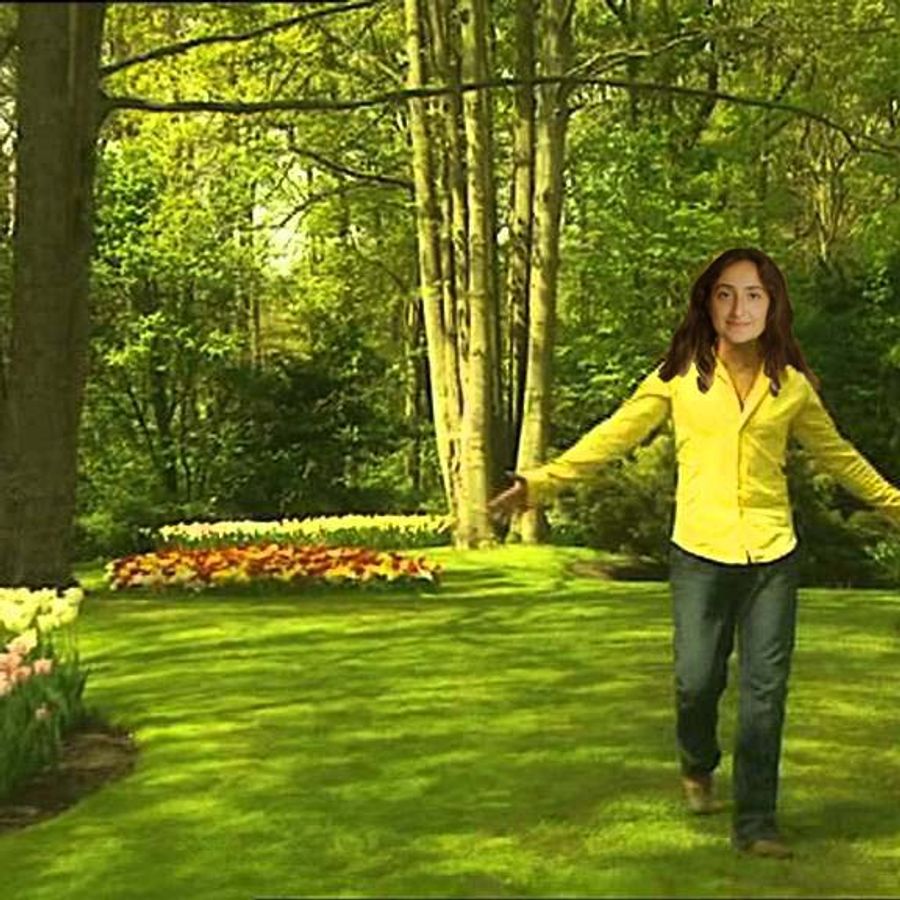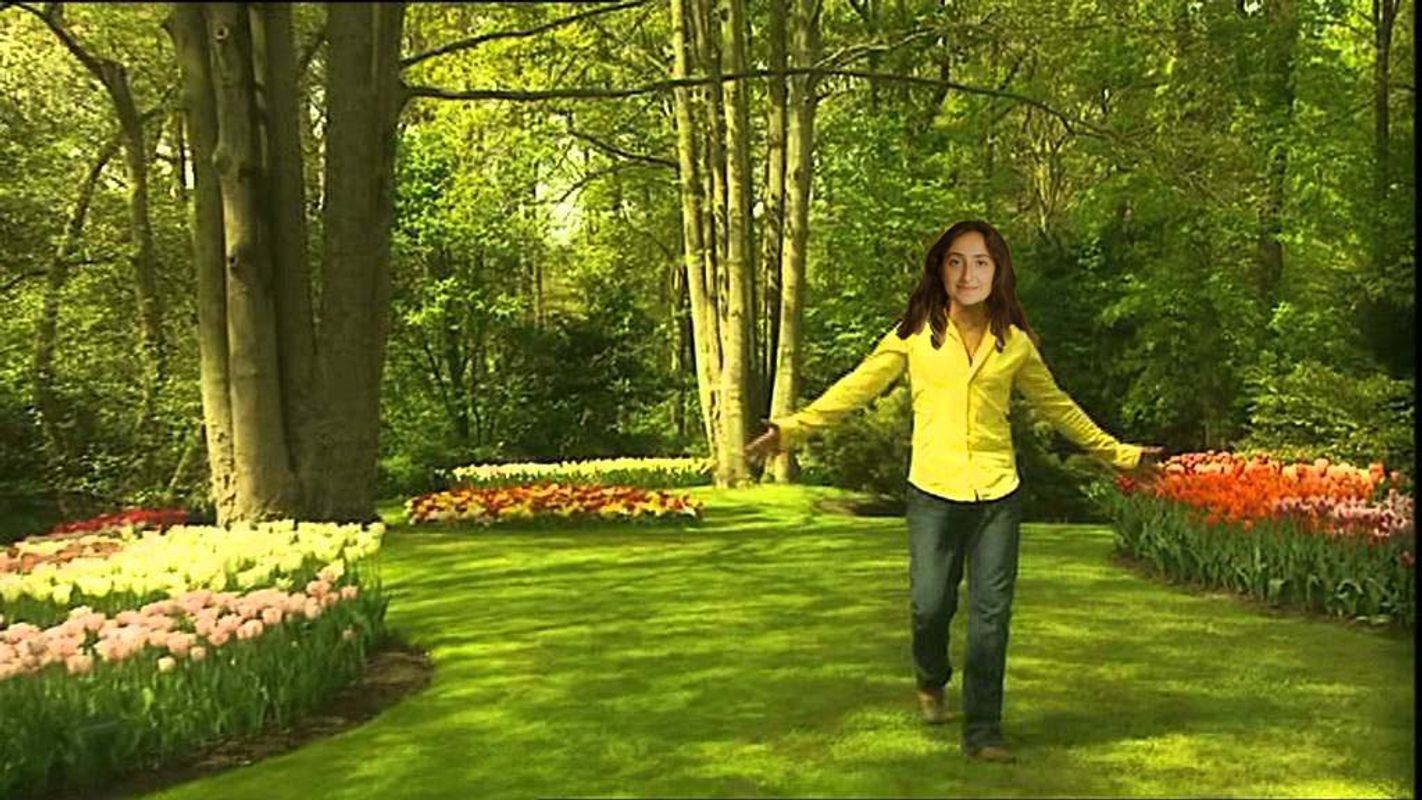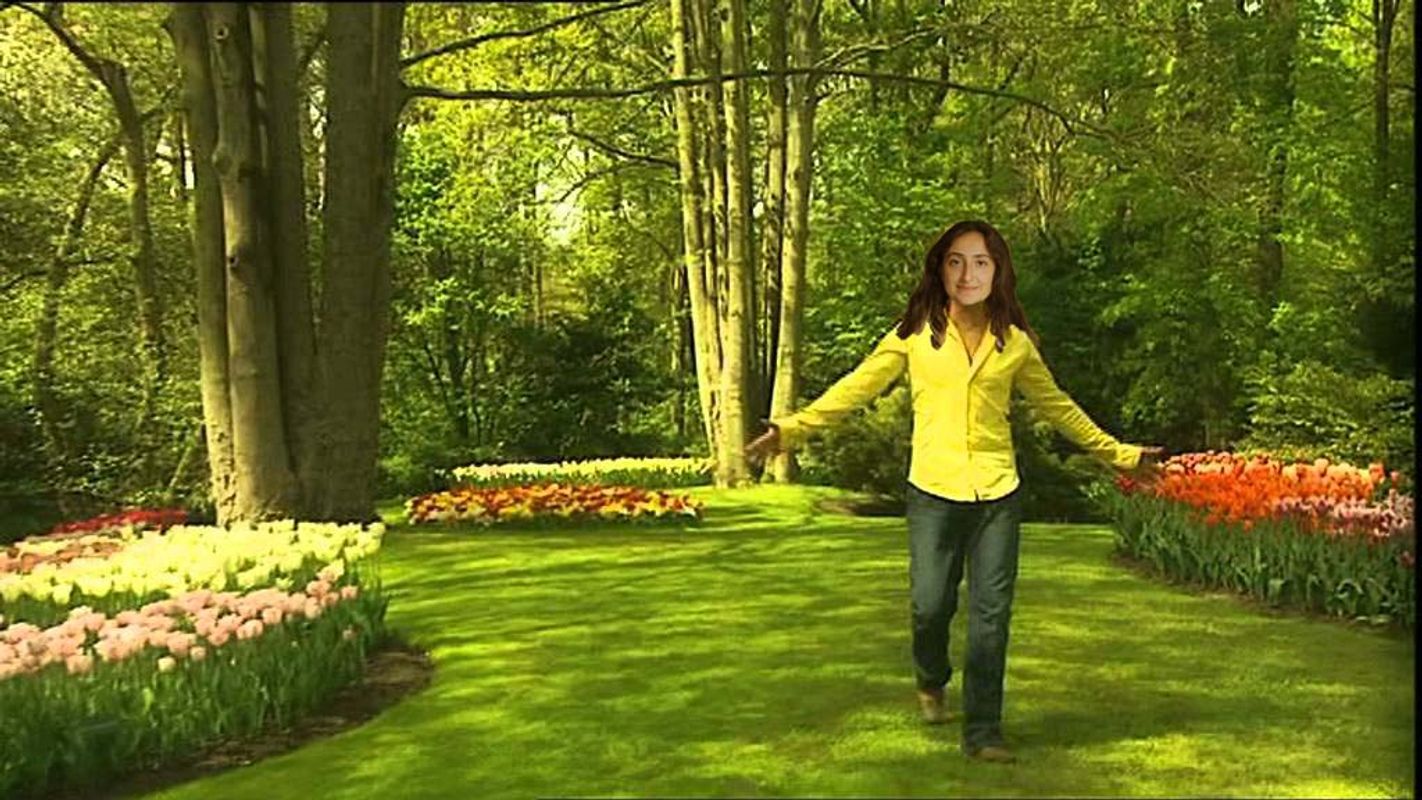
The Poverty of Lived Experience: Sleep /wi/th a/n ey/e o/pe/n and/ you/ will/ see /your/self
Betina Abi Habib
Wed 28 Sep ’22
19:00
Programma in samenwerking met De Appel, gecureerd door Mohamad Dib
Wed 28 Sep ’22
19:00
-
Wed 28 Sep ’2219:00Theater van Deyssel, AmsterdamLodewijk van Deysselstraat 91
Credits
from and with Betina Abi Habib curated by Mohamad Dib
Over Betina Abi Habib
Betina Abi Habib (Libanon, 1993) is een beeldend- en performancekunstenaar die woont en werkt in Nederland. In haar kunstpraktijk focust ze zich op het schrijven van scenario’s, aan de hand waarvan ze canonieke literatuur onderzoekt als middel tot openbaren en afleren. Abi Habib haalde haar bachelordiploma Architectuur aan de aan de American University van Beirut (2017) en een master in scenografie aan de Hogeschool voor de Kunsten in Utrecht (2020). Een paar van haar recente projecten zijn de performances Phaedra Untrimmed (2020) en Baalat and her Double (2020).




